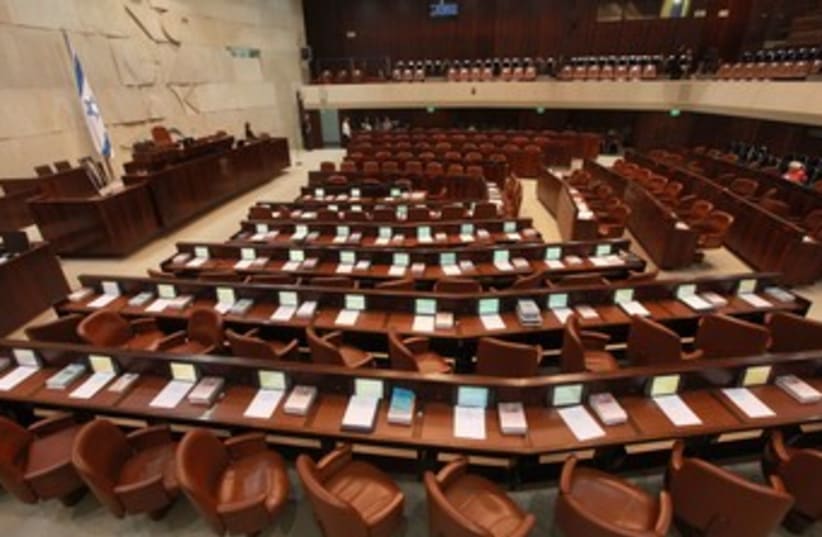Political parties and a parliamentary birthday
My Word: As long as there are humble MKs working to ensure a better quality of life for our children and protecting the environment for future generations, the Knesset can feel a moment of pride on its birthday, this Tu Bishvat.
